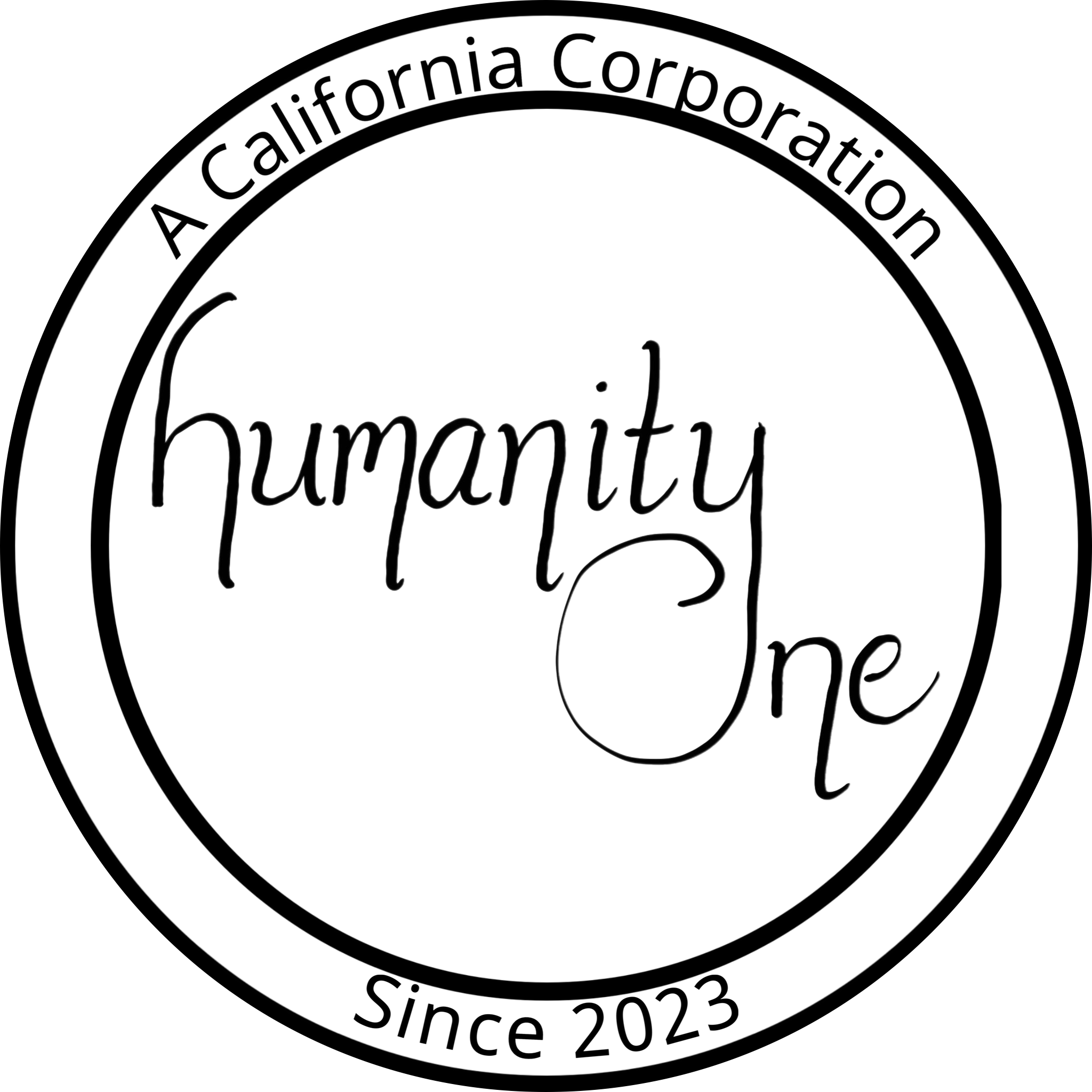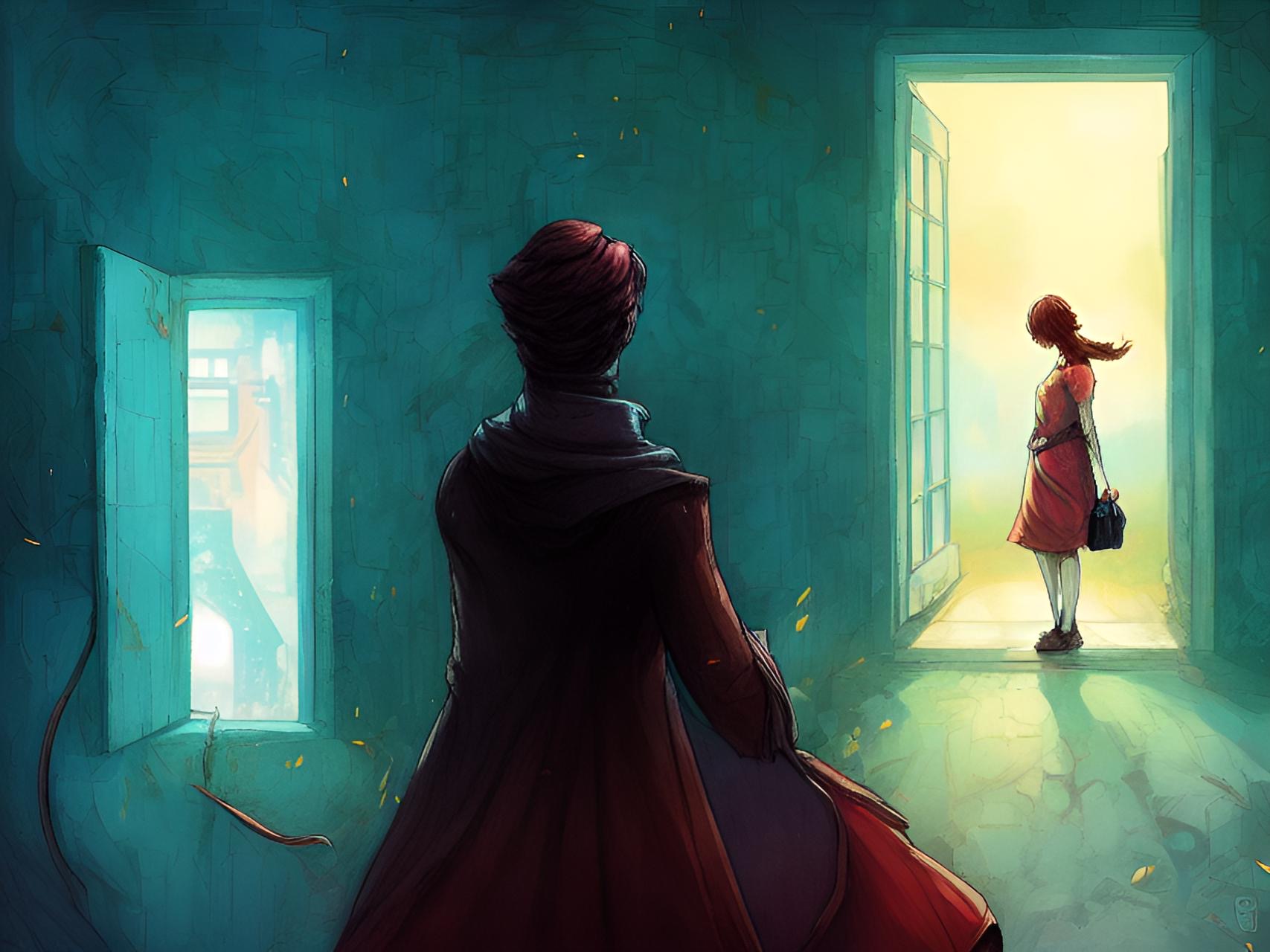Welcome, friends! Today, I want to offer a reflection—not a solution. Not a lesson, not advice, not a polished takeaway. Just something I’ve been sitting with. Something that keeps showing up in different forms—in my decisions, in my relationships, in the tension between what I want and what I’m willing to keep.
It’s a truth that doesn’t flatter the ego or feed the fantasy of control. It comes from Thomas Sowell, who said, “There are no solutions. Only trade-offs.”
At first glance, it’s the kind of phrase you might dismiss. It’s not poetic. It’s not warm. It may not even be comforting, but it is real. And it’s stayed with me— because it’s one of the few things I’ve found to be consistently true.
I’ve been sitting with this idea for a while now. It sounds simple. "There are no solutions, only tradeoffs." It may even sound cliche. But it’s not shallow, nor is it cynical.
"There are no solutions. Only tradeoffs." The more you let it in, the deeper it reaches—
See- we’re all looking for the answers, the solution. We all want to believe that if we just try hard enough, or plan smart enough, or become good enough, then we’ll find the answer. You know - The one that fixes everything: The choice that doesn’t come with a cost. The path that doesn’t hurt anyone. The outcome where everyone is satisfied and nothing is painful.
But that’s not how life works. Not in nature. Not in society. Not in the self.
There is no option that comes without risk. There is no open door that doesn’t close another window, because you can’t go through a window and a door at the same time. Growth that doesn’t cost something, doesn’t exist.
That’s not a design flaw. That’s the design. This is how balance is maintained. It’s how reality keeps us honest. Every gain has a cost. Every light casts a shadow. Every path you walk is one you didn’t take elsewhere.
We don’t get to have it all. And pretending otherwise— whether through politics, spirituality, or personal fantasy— only delays the reckoning. The deeper you walk this path—any path, of: healing, integrity, leadership, or love— the more obvious it becomes: There are no clean decisions. Just choices. Just exchanges. Just trade-offs.
Every choice—whether we realize it or not—is a negotiation.
You want independence? You will lose the ease of being cared for. You want stability? You may have to quiet parts of yourself that crave change. You want to tell the truth? You might be rejected by people who only loved your in your silence. You want to heal? You will have to give up the identity that came with your wounds.
These aren’t punishments. They’re just the texture of real life. Sometimes the cost is obvious. Other times, it’s subtle— a quiet grief that arrives when you realize saying yes to one thing meant saying no to something else.
We don’t like to talk about this part. We like to talk in ideals, in visions, in absolutes. But the truth lives in that tension. Between what we want and what we’re willing to carry. Between what we love and what we’re ready to release. Between what is ideal and what is sustainable.
So what does this mean? It means we stop pretending. We stop pretending there’s an answer out there that will let us bypass sacrifice. We stop pretending that if we just think harder or wait longer, the right choice will appear without a shadow.
And once we stop pretending—something changes. We begin to choose more honestly. We stop chasing perfection and start asking better questions:
What can I trade and still live with myself? What matters enough that I’ll carry the weight it requires? What pain am I willing to accept—not because I want to suffer, but because it’s the price of something real?
These aren’t easy questions. But they’re the right ones. They’re the questions that shape lives with depth— not perfection, but meaning. And if we can choose with clarity, and live with what we’ve chosen—without numbing or blaming— The trade itself becomes something sacred. A kind of offering.
So no—there are no solutions. Only trade-offs.
And that’s not a failure or a flaw. It’s simply what it means to be human. To care deeply and lose things anyway. To try your best and still feel torn. To walk through life knowing that every “yes” costs something else.
But this is also where we gain our clarity. This is where we choose what matters. This is where integrity becomes visible—not in what we say, but in what we’re willing to do. So if you’re standing in front of a door and looking out the window— wondering which one to take— just know: you can’t go through both. And that’s not a tragedy. That’s the nature of real choice.
Let it make you more present. More deliberate. More honest.
Not perfect. But deeply, fiercely human.
Amen.


